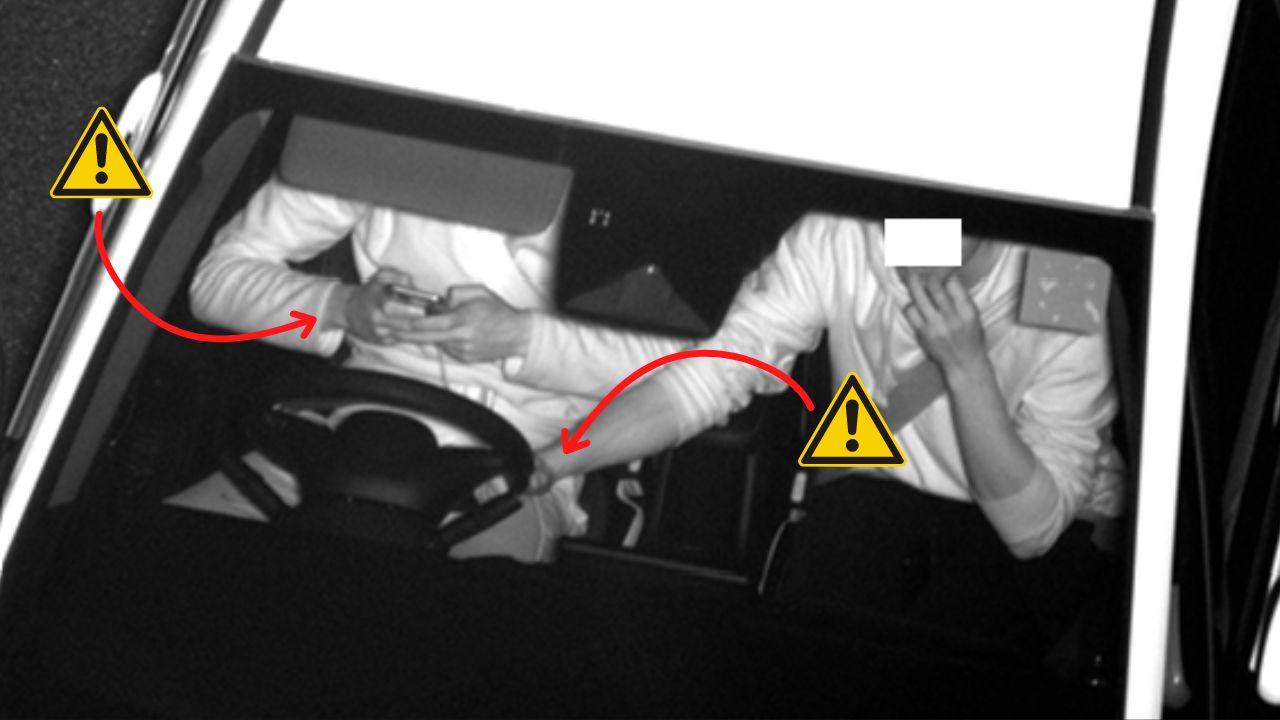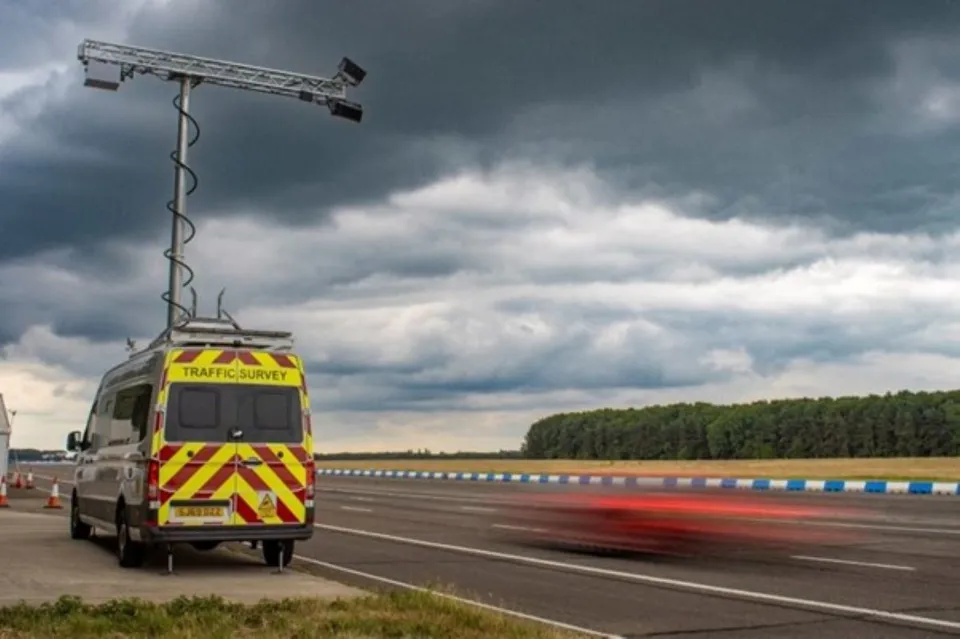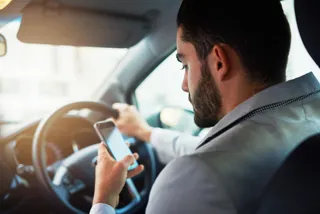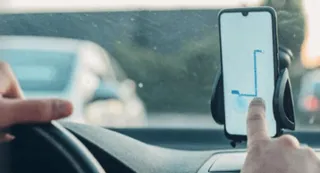New cameras aimed at catching drivers using their mobile phone behind the wheel are being trialled by police.
The technology, which can also detect whether drivers are wearing a seatbelt, is being rolled out on selected routes across Devon and Cornwall over the next two months.
The trial is being funded by the Vision Zero South West road safety partnership and overseen by Devon and Cornwall Police.
Supt Adrian Leisk, strategic roads policing lead for Devon and Cornwall Police, said: “Using a mobile phone while driving is both dangerous and illegal. It puts the lives of the driver, passengers and other road users at risk – and that is unacceptable.
“Despite repeated messaging and even a change in the law which makes any contact with a mobile phone while driving illegal, sadly there are still some people who continue to ignore the rules.
“We are employing this new technology to send a clear message to anyone who continues to use their phone behind the wheel – you will get caught.”
The Acusensus system is housed in a vehicle equipped with multiple cameras which record footage of passing motorists.
Images captured by the cameras are processed using artificial intelligence (AI) to determine if motorists were using a handheld mobile phone or if drivers and passengers were without a seat belt. It can also determine the speed a vehicle was travelling at the time.
Any images in which a potential offence is detected are then reviewed. If an offence has been correctly identified, the driver will either be sent a warning letter or a notice of intended prosecution, depending on the severity.
Leisk continued: “Whether it’s by the Acusensus cameras, a passing officer or on video footage submitted through Op Snap, the result will be the same and you will end up with a hefty fine and six penalty points – which could be enough to cost some drivers their licence.”

In 2020, a national road safety survey was commissioned by Alison Hernandez, Police and Crime Commissioner for Devon, Cornwall and the Isles of Scilly and then APCC lead for road safety.
Of the 66,000 people who responded, 55% said they witnessed road traffic offences such as using a mobile phone or not wearing a seatbelt on a daily basis, with 21% saying they witnessed them on a weekly basis.
Furthermore, 81% of respondents agreed that road traffic offences required more enforcement.
Commissioner Hernandez, who is also chairman of the Vision Zero South West road safety partnership, said: “Road safety is one of four priorities in my Police and Crime Plan. There are too many people being killed or seriously injured on Devon and Cornwall’s roads.
“We know distracted driving is a common cause of collisions, which is exactly why it is illegal to use a mobile phone while driving.
“By embracing new technology such as the Acusensus system, we have the opportunity to improve compliance with these laws and consequently make our roads safer for everyone.”
Dr Jamie Uff, technical director with AECOM, said: “Despite the often-reported dangers of distracted driving and failing to wear seat belts, the numbers of people killed or seriously injured as a result of these behaviours remain high.
“The technology AECOM is deploying makes detection straightforward and is providing valuable insight to the police and policy makers on the current level of road user behaviour. We are really keen to use this equipment to raise awareness and help improve road safety for all.”
RAC road safety spokesperson Simon Williams welcomed the use of technology, having called for it to be trialled for four years.
“The police can’t be everywhere all of the time so it makes sense that forces look at how technology can be used to help them catch drivers acting dangerously and illegally,” he said.
“These are shocking figures and, if they were applied to all roads across the country, suggest there remains a huge problem when it comes to drivers either not buckling up or using mobile phones illegally.
“Drivers are widely supportive of tougher enforcement of the law around handheld mobile phone use, with nearly half of these (47%) saying that camera technology like this is the best way of doing so.”























Login to comment
Comments
No comments have been made yet.